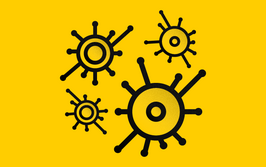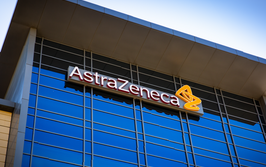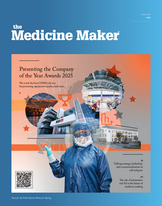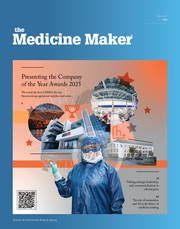
Space Biology Awakens
Can the stress of space force fungi to produce novel therapeutics?
When placed under stressful conditions, certain fungi produce molecules known as secondary metabolites, which are not essential for growth or survival, but can be used as pharmaceuticals – penicillin and the cholesterol-lowering drug lovastatin are prime examples. Scientists have been able to shock fungi with some pretty stressful conditions here on Earth, but now they want to take it one step further… by blasting the fungi into space.
Researchers from NASA’s Jet Propulsion Laboratory (JPL) and the University of Southern California (USC) decided to inflict a low-gravity environment on Aspergillus nidulans – a well-studied, filamentous fungus – after the USC conducted a genetic analysis and found that the fungus could potentially produce 40 different types of drugs – including some that could be used to treat osteoporosis. It is hoped that the low gravity, high radiation environment on board the International Space Station will prompt the fungi to produce therapeutic molecules that it hasn’t been able to produce in experiments on Earth.
“This is the first project of its kind to send filamentous fungi to space and measure secondary metabolites as a potential drug discovery project,” says Kasthuri Venkateswaran, a senior research scientist at the JPL. “This fungi is a well-established model fungi that showed production of novel compounds under stress. We have developed a few mutants that confirmed the production of secondary metabolites under stress, but no studies have yet tested the effect of microgravity yet.”
Genetic analysis of Aspergillus nidulans has revealed the potential to produce metabolites with anti-cancer, anti-fungal and Alzheimer’s disease properties, which would be highly beneficial to humankind back on Earth. But another drug that the fungi could potentially produce is an anti-osteoporosis compound, which is very relevant for astronauts who often face problems of decreased bone mass and density when in space. And producing drugs in space also has another advantage since astronauts don’t have easy access to medicine when on a mission. “The ability to produce bio-active compounds in space will be very important to sustain life on a long duration flight – a journey to Mars for example, which NASA wants to do in the future,” says Venkateswaran.
The JPL and USC researchers launched the samples into space on April 8, 2016 from Cape Canaveral Air Force Station in Florida – and Venkateswaran hopes to see some results within the next year. And if they are successful, the team will be looking to develop bio-engineering capabilities to perform larger scale experiments like this in space.

Over the course of my Biomedical Sciences degree it dawned on me that my goal of becoming a scientist didn’t quite mesh with my lack of affinity for lab work. Thinking on my decision to pursue biology rather than English at age 15 – despite an aptitude for the latter – I realized that science writing was a way to combine what I loved with what I was good at.
From there I set out to gather as much freelancing experience as I could, spending 2 years developing scientific content for International Innovation, before completing an MSc in Science Communication. After gaining invaluable experience in supporting the communications efforts of CERN and IN-PART, I joined Texere – where I am focused on producing consistently engaging, cutting-edge and innovative content for our specialist audiences around the world.



















